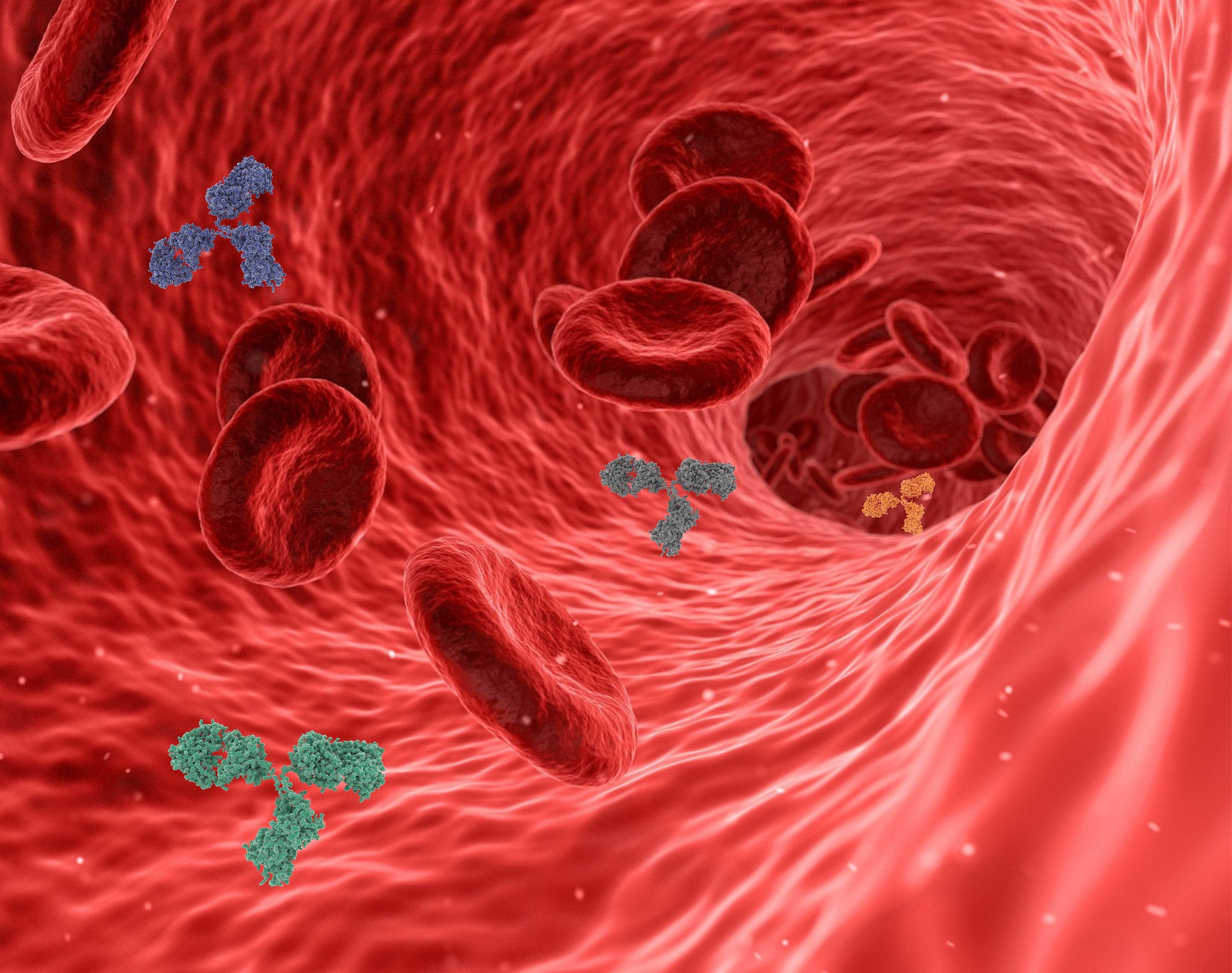
(Image by swiftsciencewriting from Pixabay)
Human leukocyte antigens (HLAs) are a group of genes that code for proteins on the surface of cells. These proteins play a role in the immune system, helping the body to identify and attack foreign cells. HLA typing is the process of determining a person’s HLA type. This information can be used to match donors and recipients for organ transplants, as well as for other medical procedures such as blood transfusions and hematopoietic stem cell transplantation and treating degenerative diseases.
In regenerative medicine, HLA typing is becoming increasingly important as scientists develop new treatments that involve the use of stem cells. Stem cells are undifferentiated cells that have the potential to develop into any type of cell in the body. They can be used to repair or replace damaged or diseased tissues.
However, stem cells can also be rejected by the immune system if they are not matched to the recipient’s HLA type. This is because the immune system will see the stem cells as foreign and attack them. HLA typing can help to ensure that stem cells are matched to the recipient’s HLA type, which reduces the risk of rejection.
There are several different methods that can be used to perform HLA typing. The most common method is serological typing, which involves using antibodies to detect HLA proteins on the surface of cells. Other methods include molecular typing, which uses DNA analysis to determine HLA type.
HLA typing is a safe and relatively simple procedure. It can be performed on blood, saliva, or other bodily fluids. The results of HLA typing are usually available within a few weeks, however the cost for HLA Typing may be high.
HLA typing is an important tool for ensuring the success of organ transplants and other medical procedures that involve the use of stem cells. As regenerative medicine continues to develop, HLA typing will become even more important in the future treatments.
Currently the benefits of HLA typing in regenerative medicine include ensuring that stem cells are matched to the recipient’s HLA type, which reduces the risk of rejection. HLA Typing can also help to identify potential donors for stem cell transplantation, monitor the immune response to stem cell therapy. HLA typing can also help to develop new treatments for diseases that involve the immune system.
Overall, HLA typing is a valuable tool for regenerative medicine. It can help to improve the safety and efficacy of stem cellular medicine and help doctors decide on treatment options for regenerative medicine and diseases that involve the immune system.
GRMS offers members to be HLA typed at a subsidised rate.

